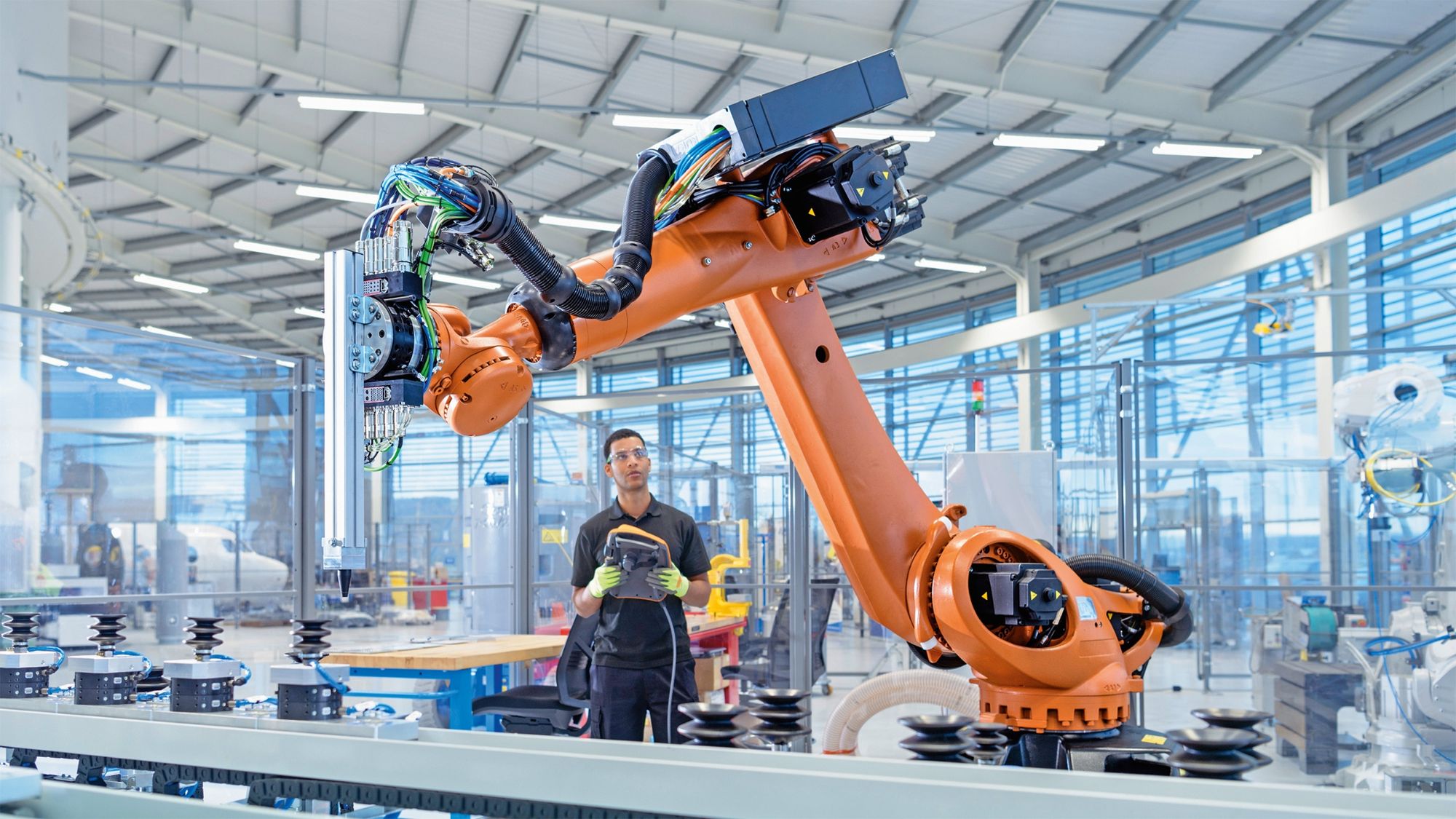
The Rise of AI: The Latest Developments in Machine Learning and AutomationThe Rise of AI: The Latest Developments in Machine Learning and Automation Artificial Intelligence (AI) is revolutionizing industries and transforming the way we live. Two key advancements in AI that are driving this transformation are machine learning and automation. Machine Learning Machine learning is a subset of AI that enables computers to learn from data without explicit programming. It involves feeding large amounts of labeled data into an algorithm, which then identifies patterns and makes predictions. This technology is finding applications in: * Natural Language Processing: Machine learning models can now understand and generate human language with remarkable accuracy. * Image and Speech Recognition: AI algorithms can interpret complex images and sounds, enabling advancements in facial recognition, object detection, and speech-to-text services. * Predictive Analytics: Machine learning can analyze vast datasets to predict future events, making it valuable for risk assessment, fraud detection, and weather forecasting. Automation Automation involves using technology to automate repetitive tasks, reducing human involvement and increasing efficiency. Combined with machine learning, automation is transforming industries: * Manufacturing: AI-powered robots and autonomous systems are automating assembly lines, improving productivity and precision. * Customer Service: Chatbots and virtual assistants powered by machine learning are handling a growing number of customer interactions, freeing up human agents for more complex tasks. * Transportation: Self-driving cars and drones are pushing the boundaries of mobility, offering new possibilities for transportation and logistics. Impact on Industries The rise of AI and its advancements in machine learning and automation are having a profound impact on industries: * Healthcare: AI is aiding in disease diagnosis, drug discovery, and personalized medicine. * Finance: AI-driven algorithms are improving fraud detection, risk management, and investment decisions. * Retail: Machine learning is enhancing product recommendations, inventory optimization, and customer segmentation. Challenges and Future Trends While AI offers immense potential, it also presents challenges: * Bias: AI models can inherit biases from the data they are trained on, leading to discriminatory outcomes. * Job Displacement: Automation can lead to job loss in certain sectors, requiring workforce retraining and upskilling. Despite these challenges, the future of AI looks promising: * Extended Reality (XR): The integration of AI with virtual and augmented reality technologies will create immersive and personalized experiences. * Quantum Computing: The development of quantum computers will accelerate AI capabilities, enabling more complex data processing. * AI Ethics: The growing awareness of ethical considerations will drive the development of responsible and trustworthy AI systems. In conclusion, the rise of AI, driven by advances in machine learning and automation, is reshaping industries and society. By embracing this technology while addressing its challenges, we can harness its transformative power for the benefit of humanity.
Posted inNews